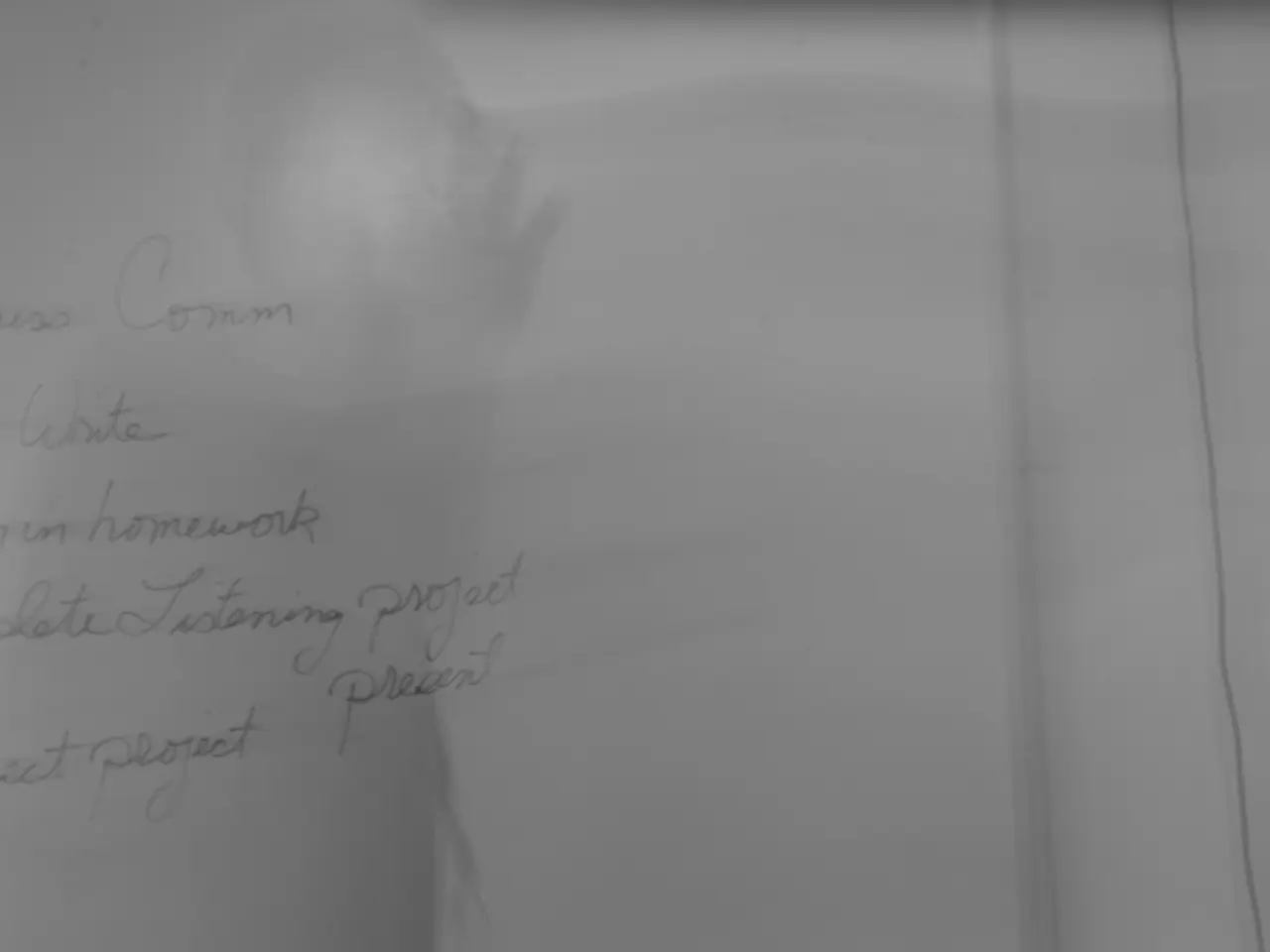Tools for Advancing an Eco-Friendly Shift in Legislation
European Commission Unveils Clean Industrial Deal State Aid Framework to Boost Green Transition
The European Commission has presented the Clean Industrial Deal State Aid Framework (CISAF), a comprehensive tool designed to support the EU's industrial decarbonisation and renewable energy initiatives. This framework, announced on 25th June 2025, aims to simplify and accelerate the green transition in key economic sectors.
The CISAF offers key support mechanisms for industrial decarbonisation and renewable energy, primarily through simplified and targeted state aid rules. These mechanisms are geared towards investments in renewables, energy system flexibility, and the development of zero-carbon production technologies.
Roll-out of renewable energy and low-carbon fuels is a significant focus, encompassing both blue and green hydrogen. The European Commission emphasises the role of renewable fuels, particularly renewable hydrogen, in the decarbonization of the EU energy system.
Temporary electricity price relief is another provision, offering support to energy-intensive industries to offset competitive disadvantages. This relief is designed to help these industries transition towards more sustainable practices.
The framework also supports the decarbonisation of existing production facilities by encouraging retrofitting and clean technology adoption. Moreover, it aims to develop clean technology manufacturing capacity within the EU, ensuring domestic production of green tech like electrolysers, batteries, and renewable energy equipment.
To stimulate both public and private investment, the CISAF provides support through direct grants, tax benefits, subsidised interest rates on loans, or loan guarantees. This approach is intended to maintain regulatory certainty and prevent competition distortions.
Small and medium-sized enterprises (SMEs) can benefit from this framework, receiving up to €300,000 in support over 3 years without full EC notification for energy efficiency, renewable energy sources, and production line modernisation projects.
The CISAF includes an extended five-year planning horizon, simplified conformity assessment procedures, and ready-made support mechanisms for investments in renewables, energy system flexibility, and the development of zero-carbon production technologies.
Public aid for investments that significantly contribute to reducing greenhouse gas emissions from industrial activities or significantly reducing energy consumption in industrial activities is considered compatible with the internal market. This aspect of the CISAF reinforces the framework's commitment to promoting sustainable industrial practices.
The CISAF guidelines highlight the expected contribution of low-carbon hydrogen to rapid emission reductions and support the energy transition in sectors where decarbonisation is challenging. The framework also encourages the implementation of alternative fuels, Carbon Capture and Storage (CCS)/Carbon Capture and Utilization (CCU), recycling, and the use of alternative raw materials in industry.
Lastly, the CISAF provides temporary energy price support mechanisms subject to decarbonisation investments in electromobility, renewable energy sources, and energy storage. This provision aims to incentivise industries to invest in cleaner, more sustainable technologies.
In summary, the European Commission's Clean Industrial Deal State Aid Framework (CISAF) acts as a comprehensive tool to help EU Member States fund, scale, and de-risk projects crucial for the green industrial transition, fostering European competitiveness in clean tech and energy sectors.
[1] European Commission. (n.d.). Climate, Energy and Environmental Aid Guidelines (CEEAG). Retrieved from https://ec.europa.eu/info/law/better-regulation/have-your-say/initiatives/12503-Clean-Energy-for-All-Europeans-package-and-the-climate-energy-aid-guidelines [2] European Commission. (n.d.). State aid: Aid to R&D and innovation. Retrieved from https://ec.europa.eu/info/business-economy-euro/business-environment/business-models/research-development-innovation/state-aid-aid-rd-innovation_en [3] European Commission. (n.d.). State aid: Aid to environmental protection. Retrieved from https://ec.europa.eu/info/business-economy-euro/business-environment/business-models/research-development-innovation/state-aid-aid-rd-innovation_en [4] European Commission. (n.d.). State aid: Aid to energy. Retrieved from https://ec.europa.eu/info/business-economy-euro/business-environment/business-models/research-development-innovation/state-aid-aid-rd-innovation_en [5] European Commission. (n.d.). State aid: Aid to regional development. Retrieved from https://ec.europa.eu/info/business-economy-euro/business-environment/business-models/research-development-innovation/state-aid-aid-rd-innovation_en
- The Clean Industrial Deal State Aid Framework (CISAF) supports environmental-science and climate-change initiatives in the EU by offering key support mechanisms for industrial decarbonisation and renewable energy, such as investing in renewables, energy system flexibility, and the development of zero-carbon production technologies.
- To stimulate financial investment in green tech and energy sectors, the CISAF provides support through direct grants, tax benefits, subsidized interest rates on loans, or loan guarantees, which can encourage small and medium-sized enterprises (SMEs) in energy efficiency, renewable energy sources, and production line modernisation projects.
- Furthermore, the CISAF prioritizes industry's role in the transition to a low-carbon economy by supporting the roll-out of renewable energy and low-carbon fuels, such as blue and green hydrogen, towards achieving the decarbonization of the EU energy system and promoting environmental-science advancements in sectors where decarbonisation is challenging.




